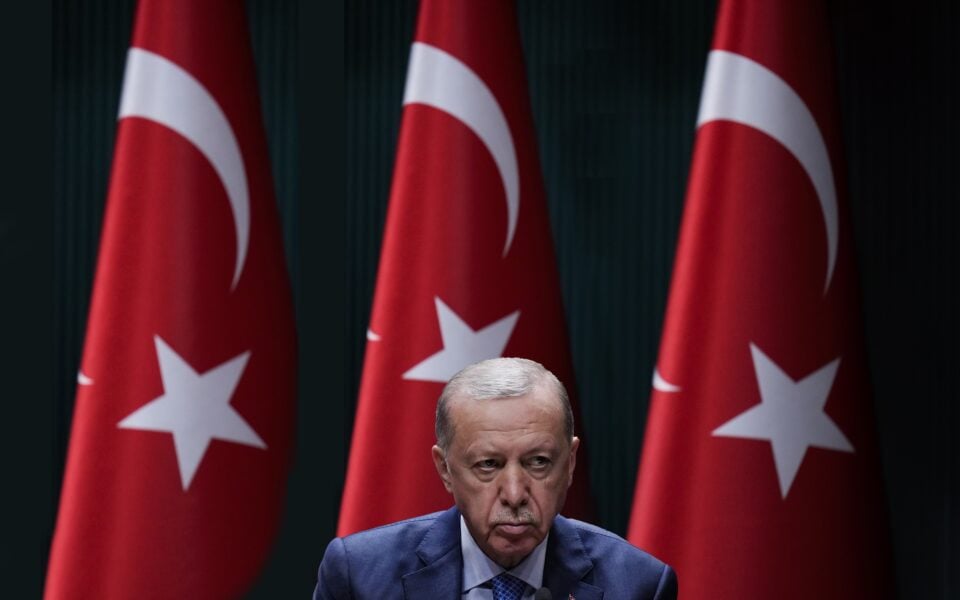ISTANBUL – As Syria’s political landscape shifts toward a new government potentially aligned with Turkey, revived discussions on strategic energy and maritime agreements are making waves. One proposal is the revival of a natural gas pipeline that would transport Qatari gas to Europe through Syria and Turkey, a plan stalled for over 15 years. According to Turkey’s Anadolu news agency, this pipeline could become viable once Syria stabilizes, offering an alternative gas supply for Europe.
In a similar vein, Turkey’s Milliyet newspaper highlights how Syria’s transition creates an opportunity for a new energy corridor, as the country could not only host Qatari gas but also serve as a hub for Turkish-produced gas bound for Europe. However, analysts caution that the $25 billion cost of constructing such a pipeline might render the project financially unfeasible, especially when LNG shipments are currently a more economical option.
A Chatham House report notes that Turkey stands in a strong position to shape Syria’s post-conflict future, given its support for the winning side in the civil war. Turkish companies, poised to secure lucrative reconstruction contracts, could also benefit from a potential maritime border agreement with Syria. This deal could reshape the Eastern Mediterranean, offering economic benefits to both countries at the expense of Cyprus.
Retired admiral Cihat Yayci, known for his role in the “Blue Homeland” doctrine – which envisages Turkish influence over vast swaths of the Eastern Mediterranean – suggested that such an agreement would extend Syria’s exclusive economic zone by 12% over the Republic of Cyprus’ claim, strengthening Turkey’s maritime position.
Meanwhile, Abu Mohammad al-Jolani, leader of Hayat Tahrir al-Sham, emphasized Syria’s priority for Turkish involvement in its reconstruction, highlighting strong economic and social ties between the two nations.
